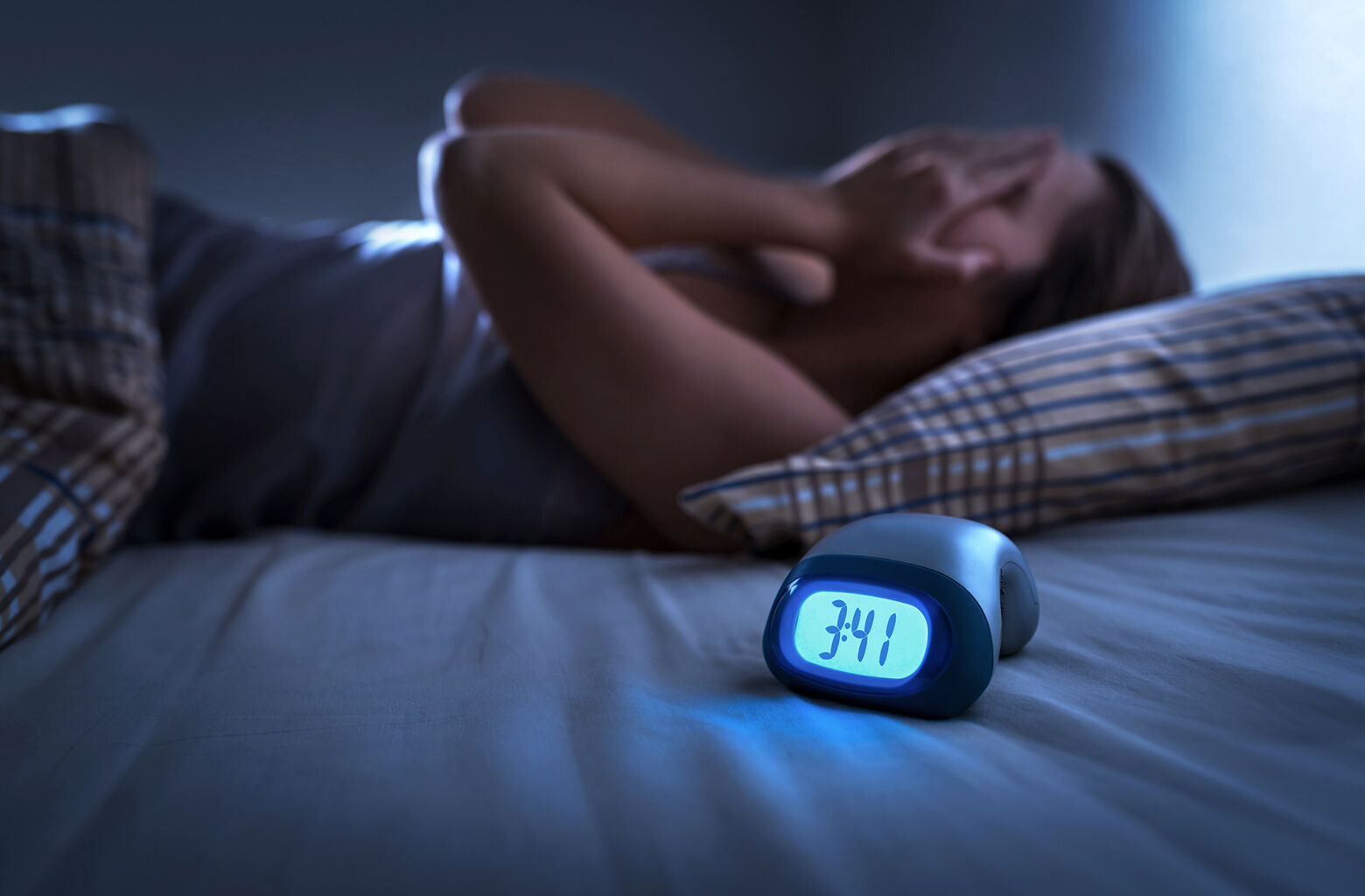Exercise has long been thought to improve the quantity and quality of a person’s sleep — a new study shows which forms of exercise are most likely to benefit people battling insomnia.
Exercise has long been thought to improve the quantity and quality of a person’s sleep. A new study shows which forms of exercise are most likely to benefit people battling insomnia.
A Maryland-based physician said the study concluded that compared with several more intense exercise regiments, yoga and tai chi provided the most relief for insomnia, which is characterized by difficulties falling asleep, staying asleep, inability to fall back to sleep and early morning waking.
“The recent research analysis looked at 22 randomized controlled trials, and had over 1,300 participants, who either had been diagnosed with insomnia or had symptoms of insomnia,” said Dr. Jennifer Gourdin, a sports medicine physician with Kaiser Permanente in Silver Spring, Maryland.
The study looked at 13 interventions, including cognitive therapy, lifestyle changes and seven exercise-based interventions: yoga, tai chi, walking or jogging, aerobic plus strength exercise, strength training alone, aerobic exercise combined with therapy, and mixed aerobic exercises.
“What they found is that exercises like yoga, tai chi, walking and jogging all were linked to improved sleep,” Gourdin said. “Yoga increased sleep time by up to two hours, and tai chi increased sleep time by 50 minutes.”
In addition, “walking and jogging helped to decrease the severity of insomnia symptoms,” Gourdin said.
According to the American Academy of Sleep Medicine, 30-35% of adults experience brief symptoms of insomnia.
“If you have difficulty falling or staying asleep for three or more nights per week, and that lasts for three or more months out of the year, you should talk to your doctor,” Gourdin said.
U.S. Centers for Disease Control and Prevention’s National Health Interview Survey in 2020 found 17.8% of adults had trouble staying asleep most days or every day, and 14.5% reported trouble falling asleep most days or every day in the past 30 days.
Gourdin said the benefits of exercising while awake are well documented.
“We know exercise helps to improve your mood, your energy levels, and helps to regulate stress hormones, like cortisol levels,” Gourdin said.
The study, “Effects of various exercise interventions in insomnia patients: a systematic review and network meta-analysis,” was conducted by Chinese researchers, and published in BMJ Evidence-Based Medicine, in July 2025.
“The two forms of exercise they mentioned that gave the most increased sleep time were yoga and tai chi — both of these are exercise modalities that involve gentle movement with mindful breathing,” Gourdin said. “So, just doing gentle stretches and exercise and focusing on your breathing, and taking deep breaths before bed can help improve your sleep quality.”
Get breaking news and daily headlines delivered to your email inbox by signing up here.
© 2025 WTOP. All Rights Reserved. This website is not intended for users located within the European Economic Area.
